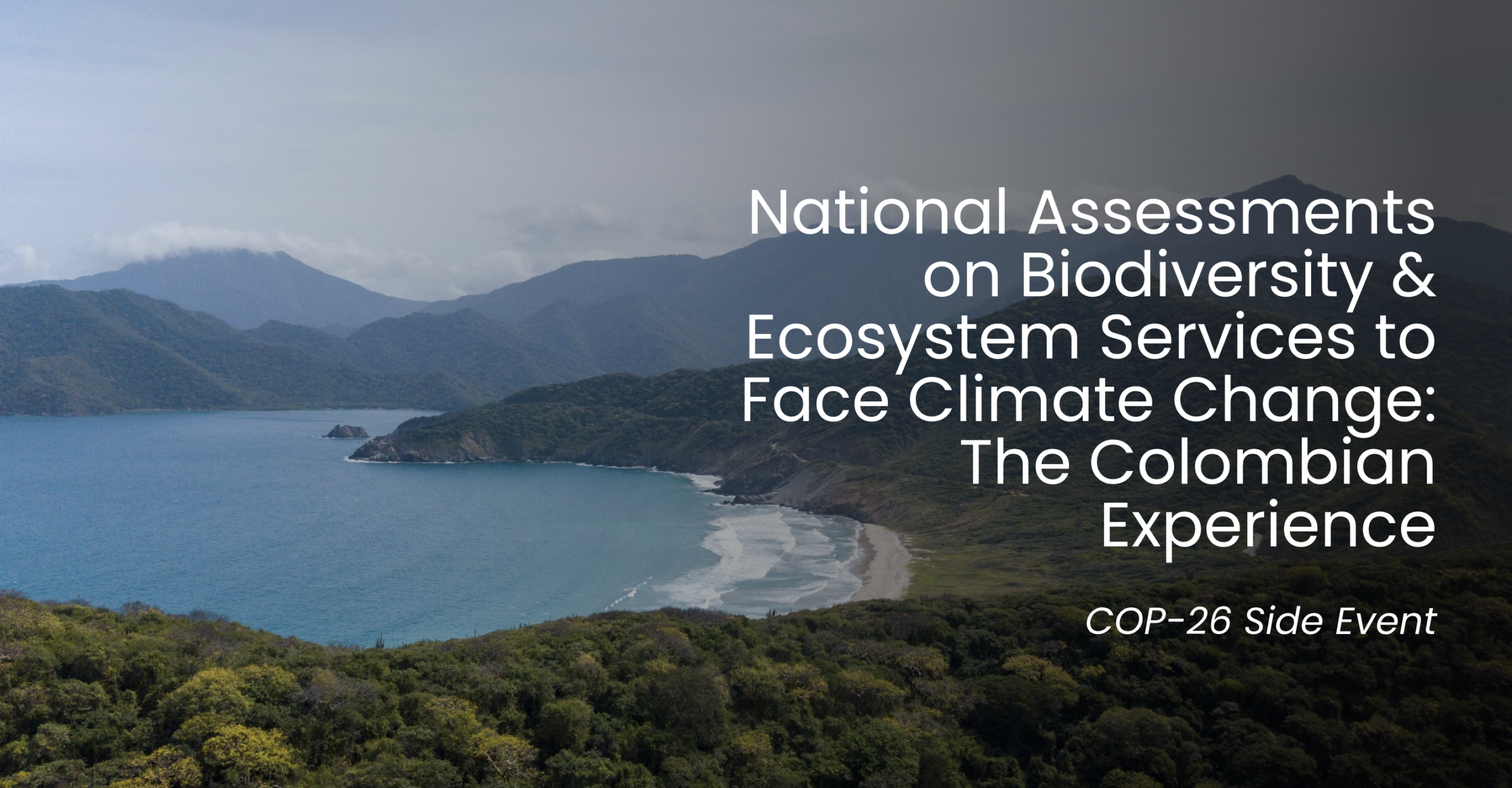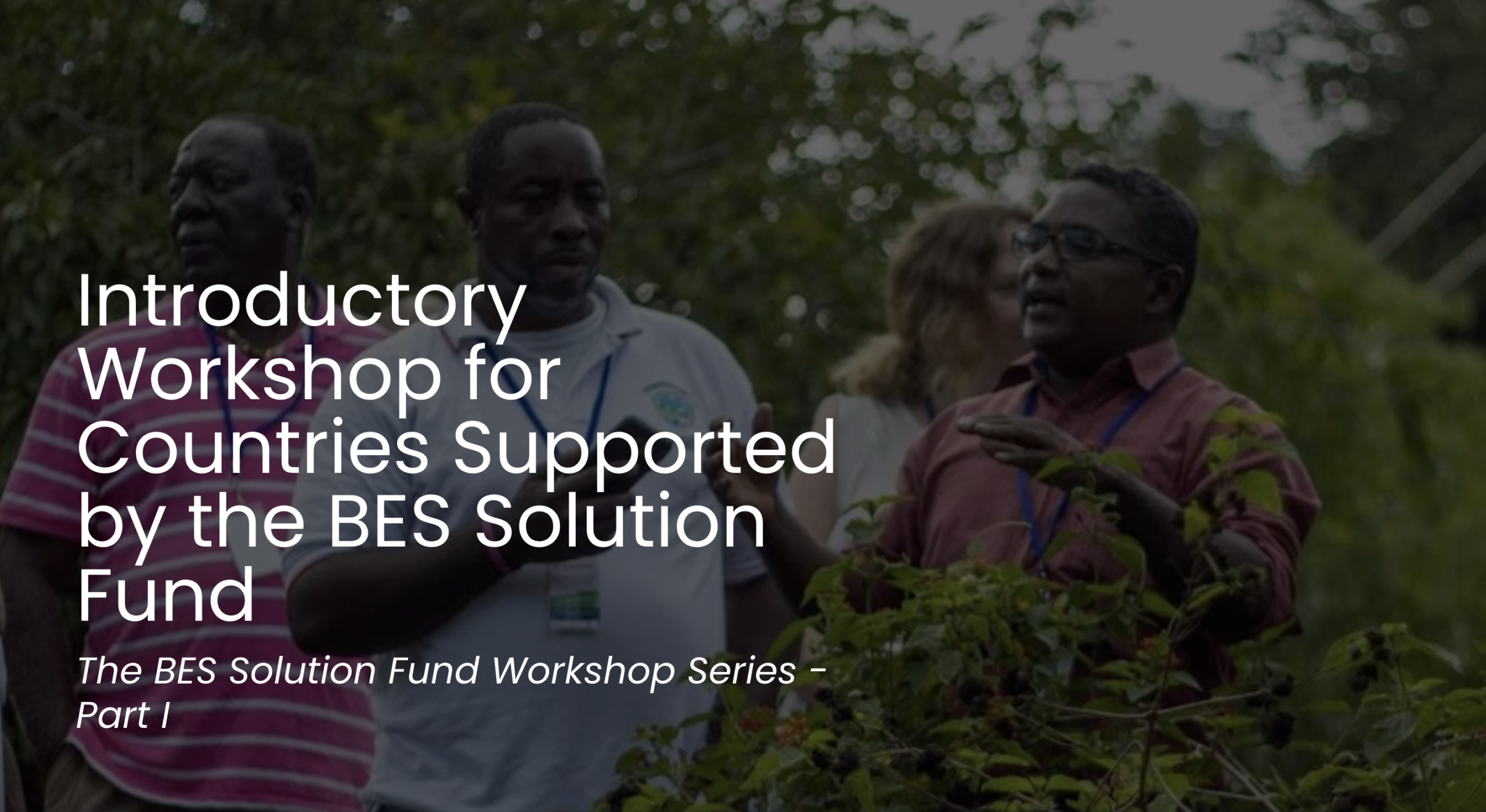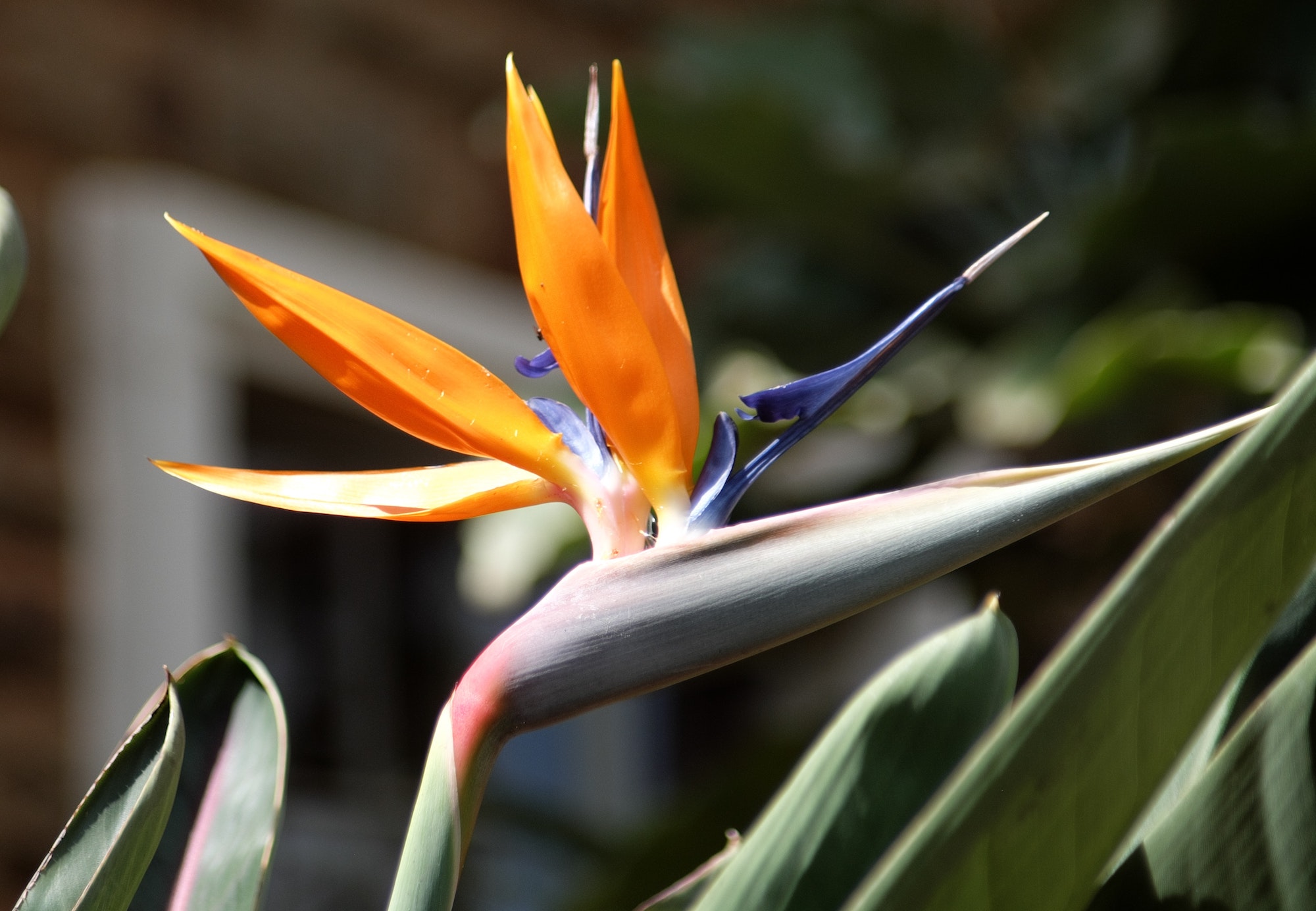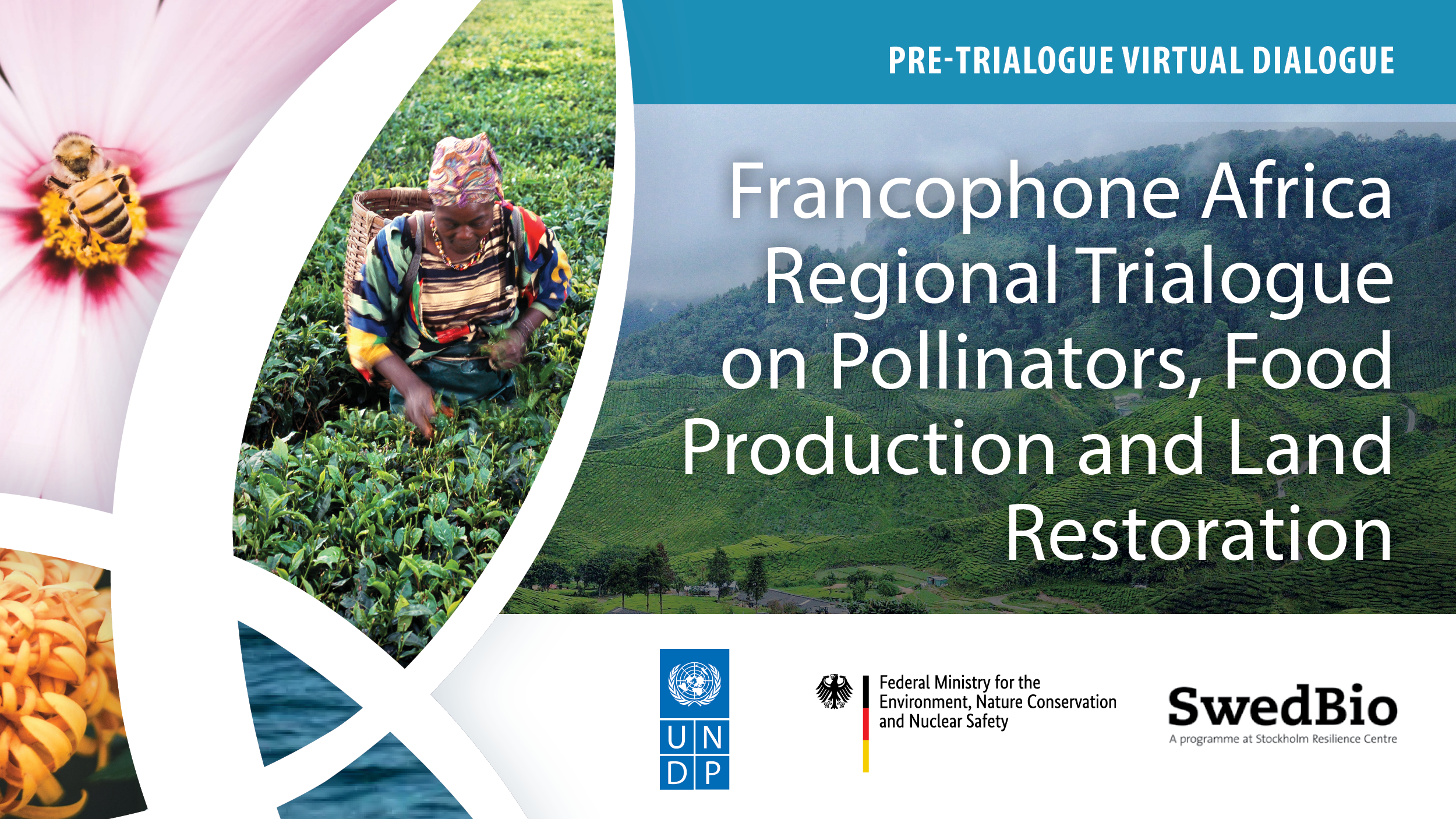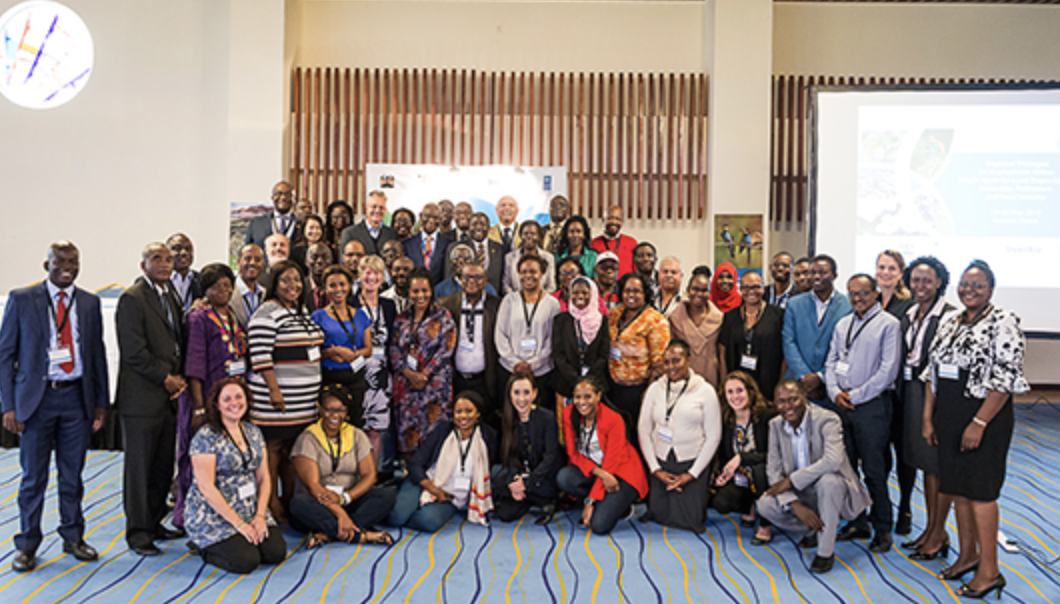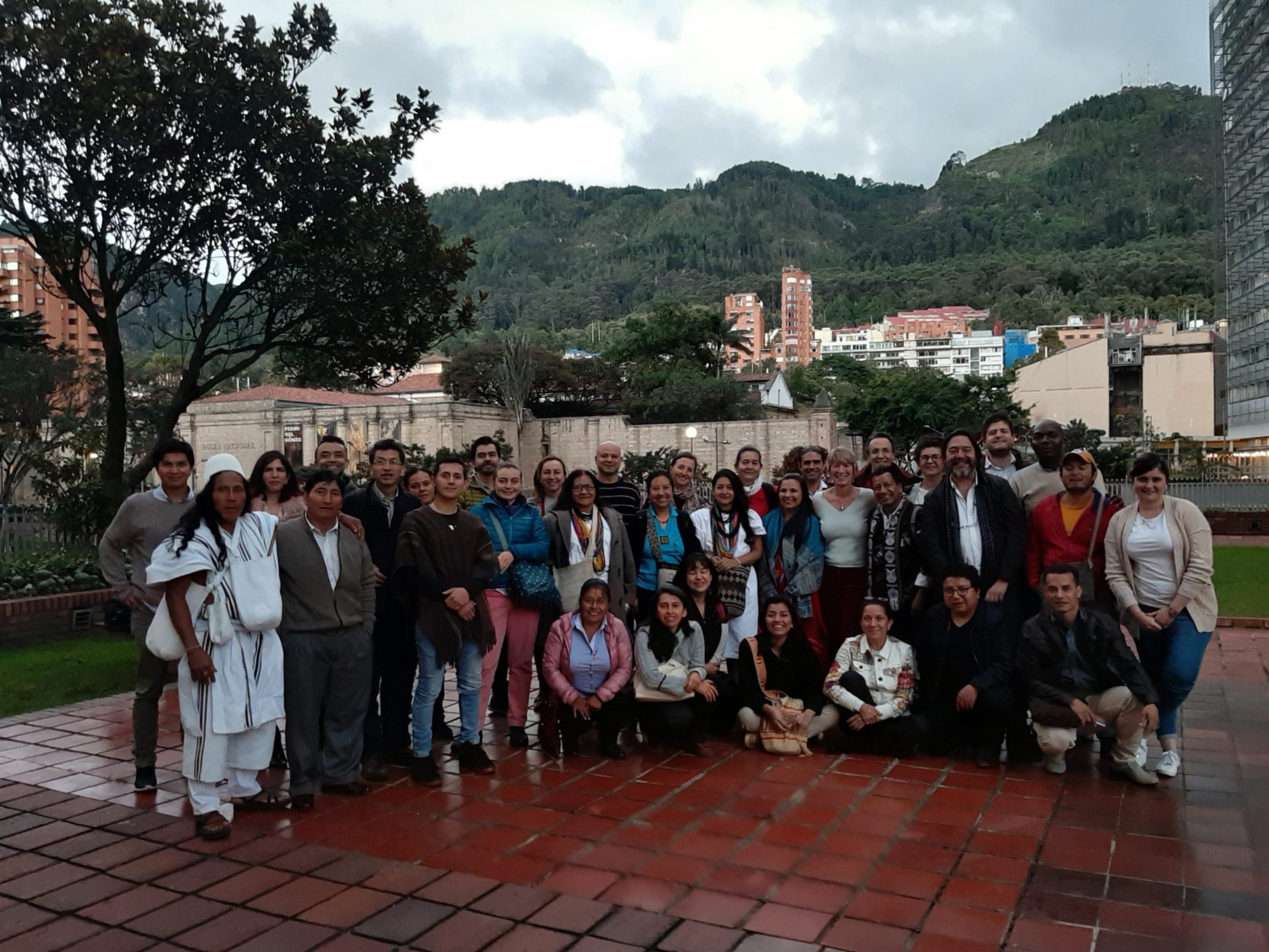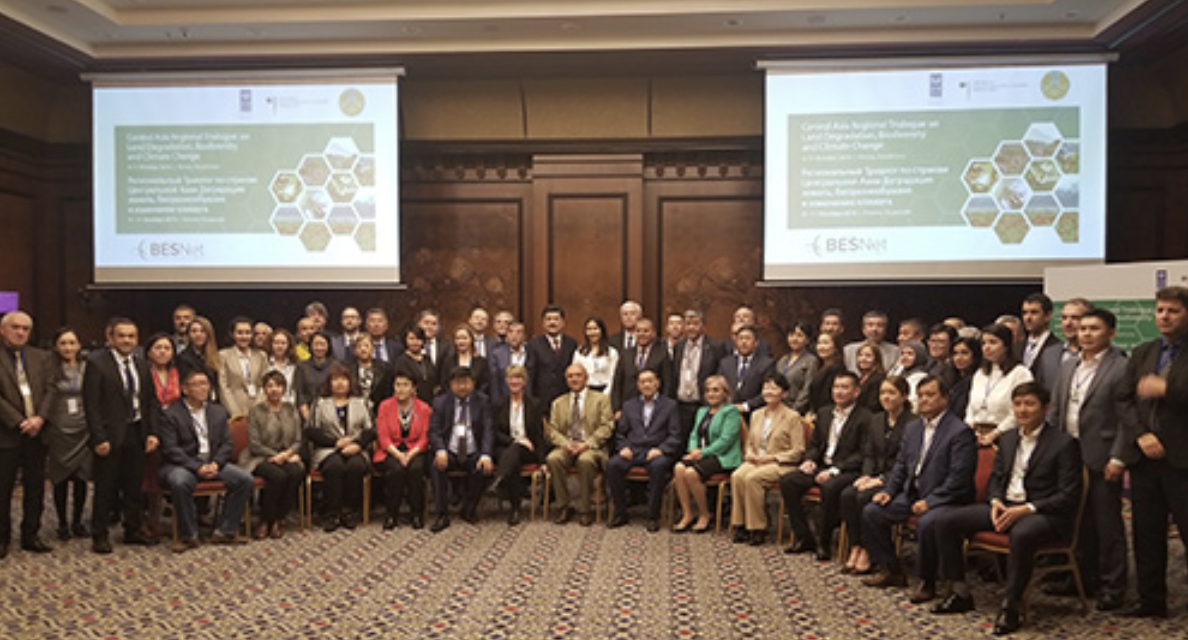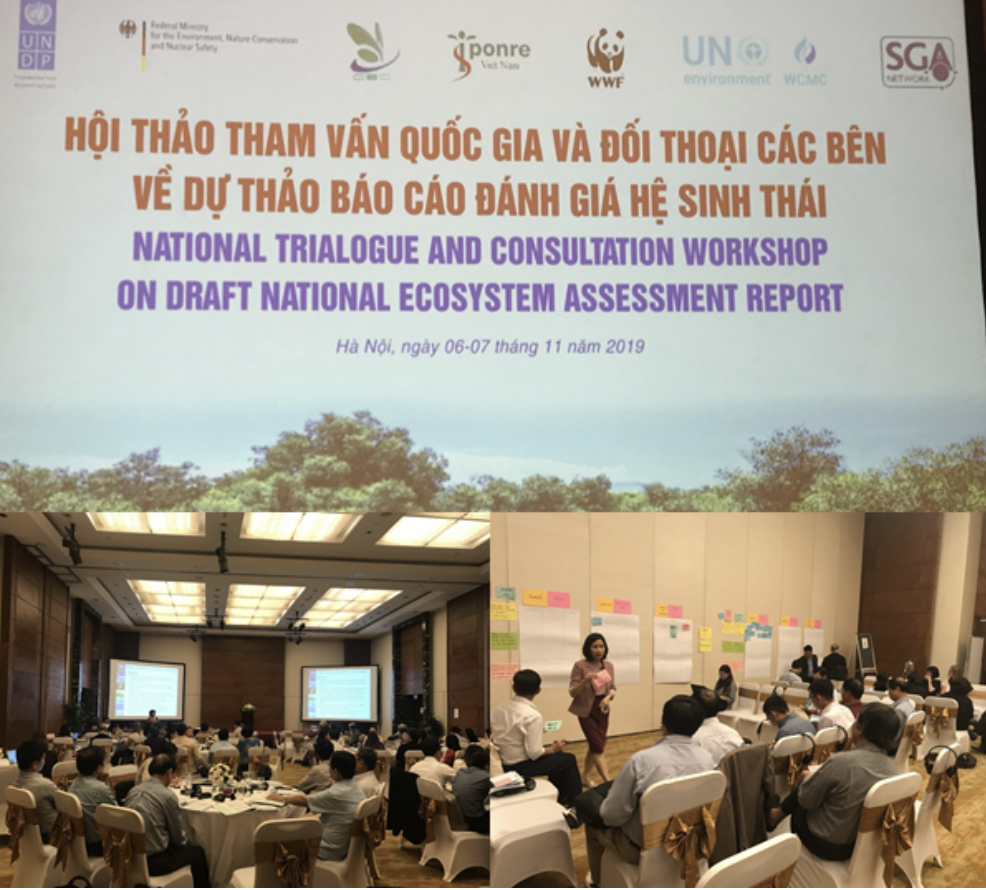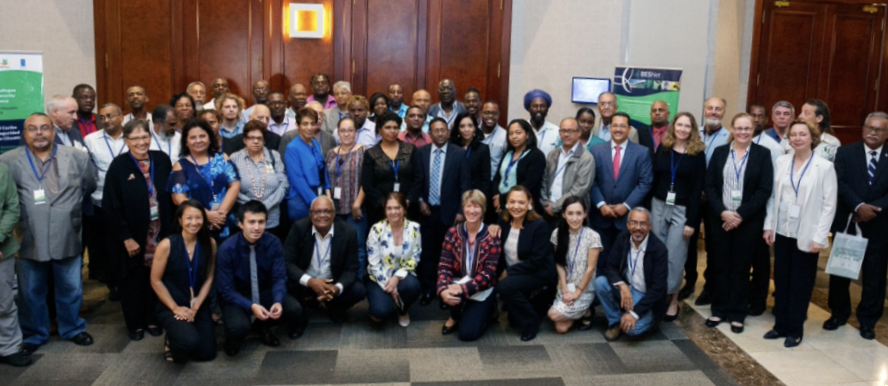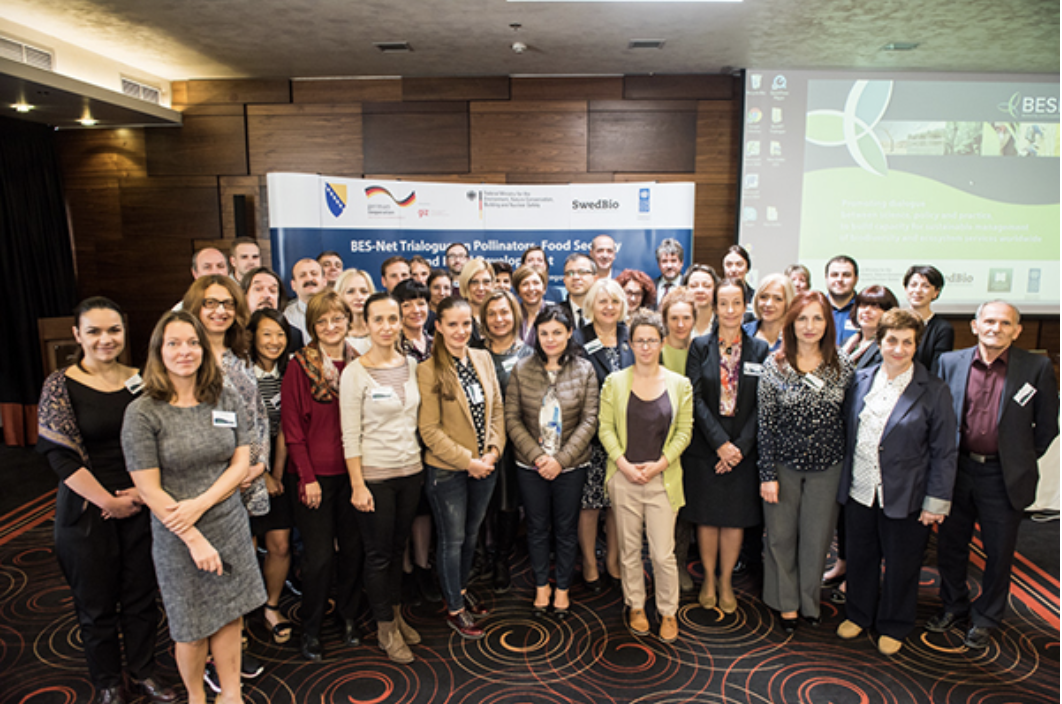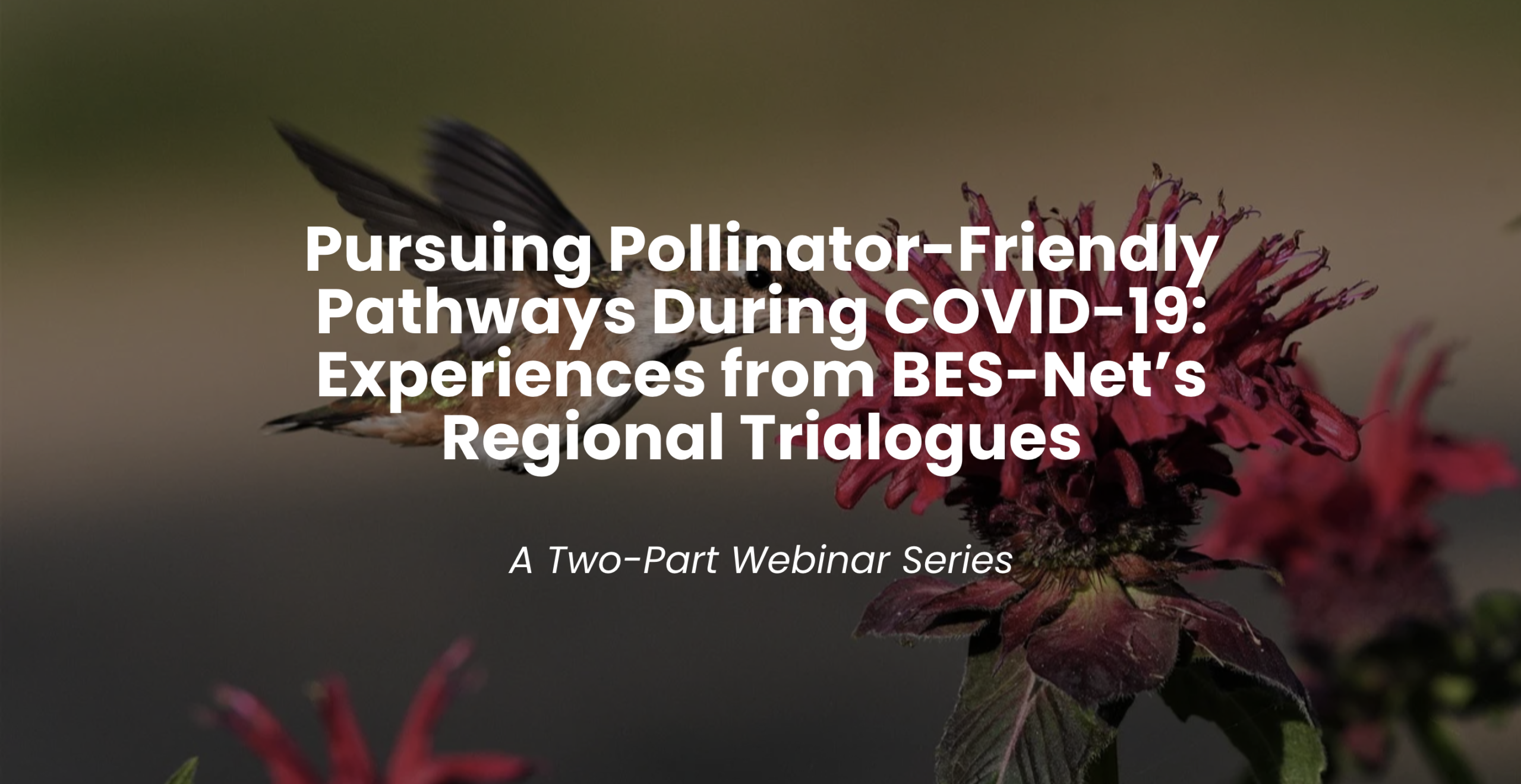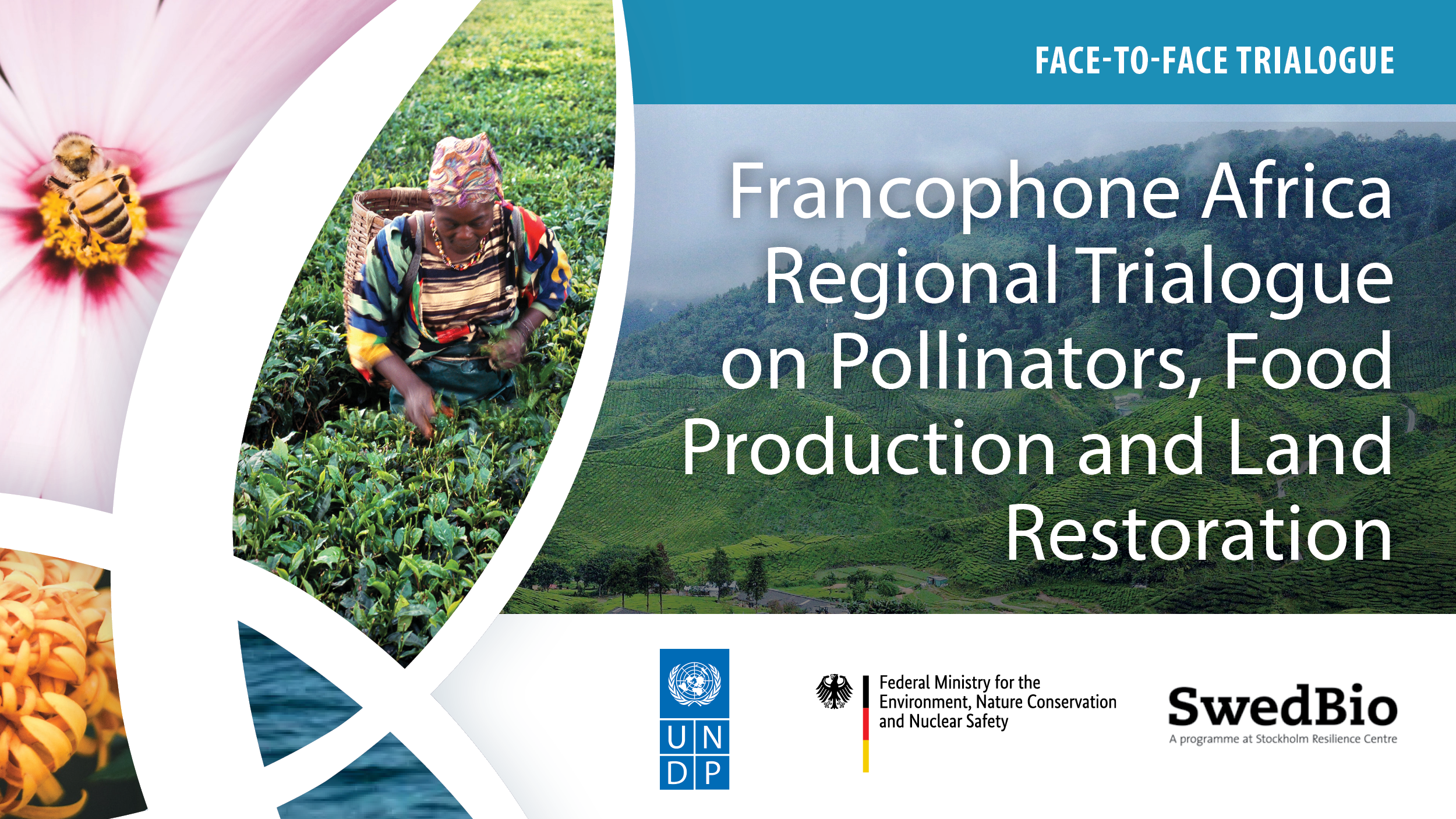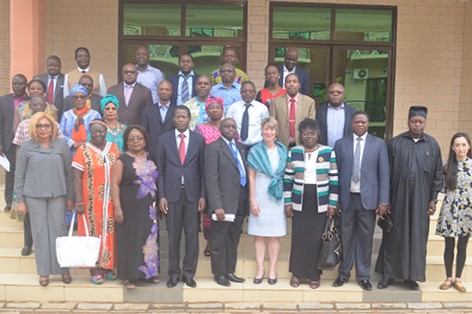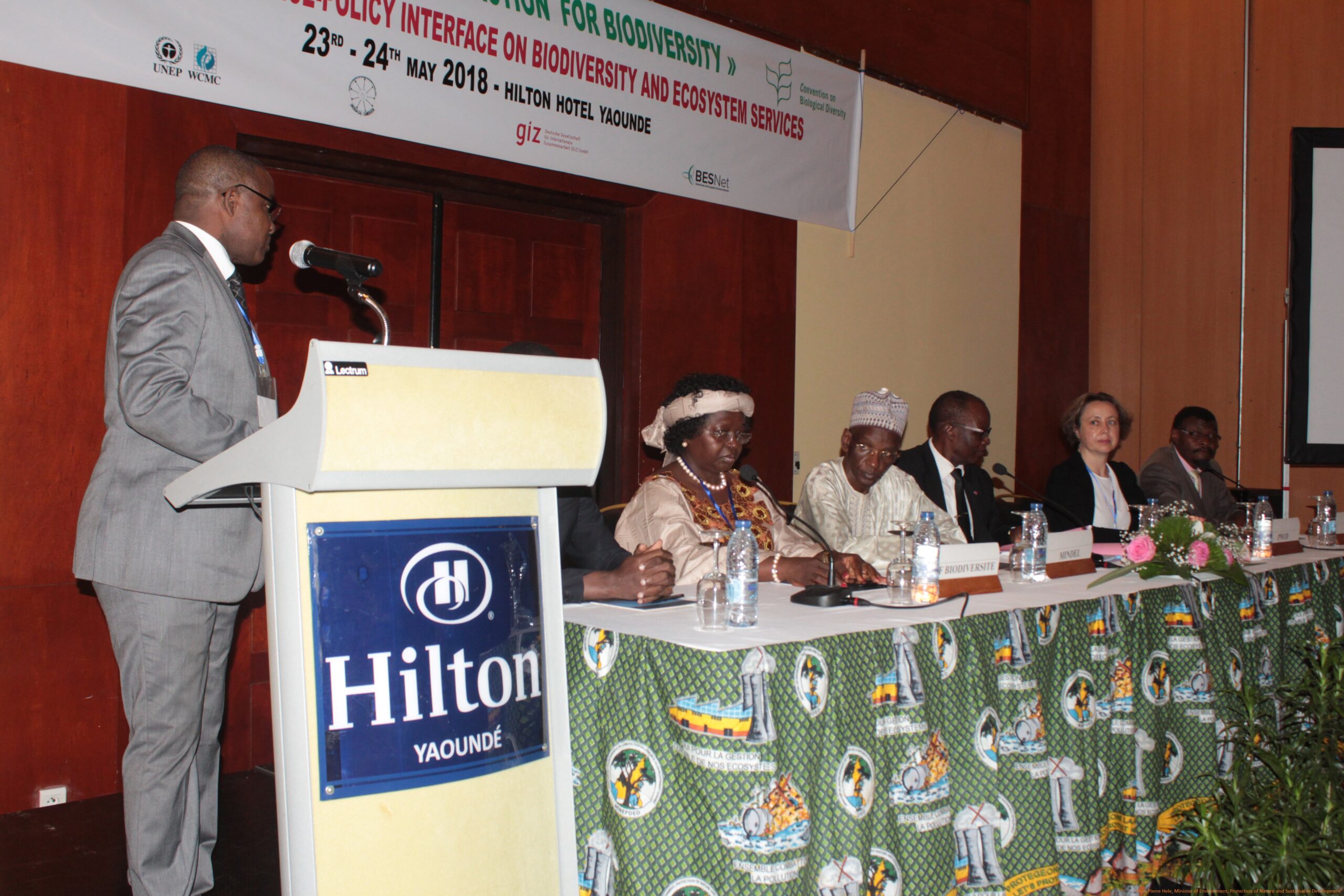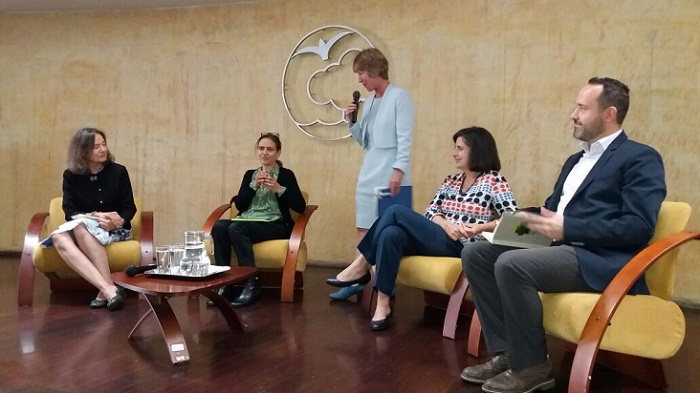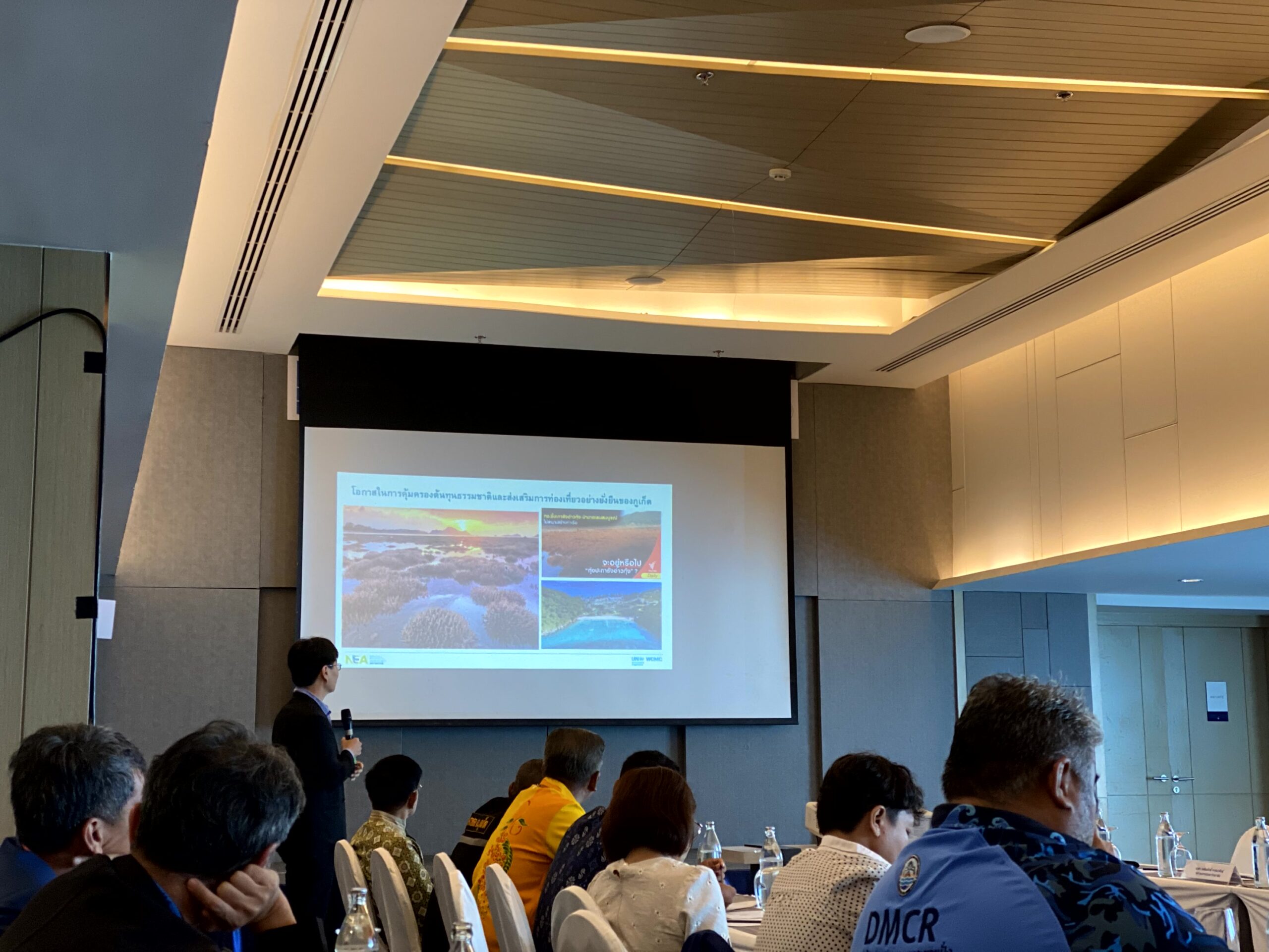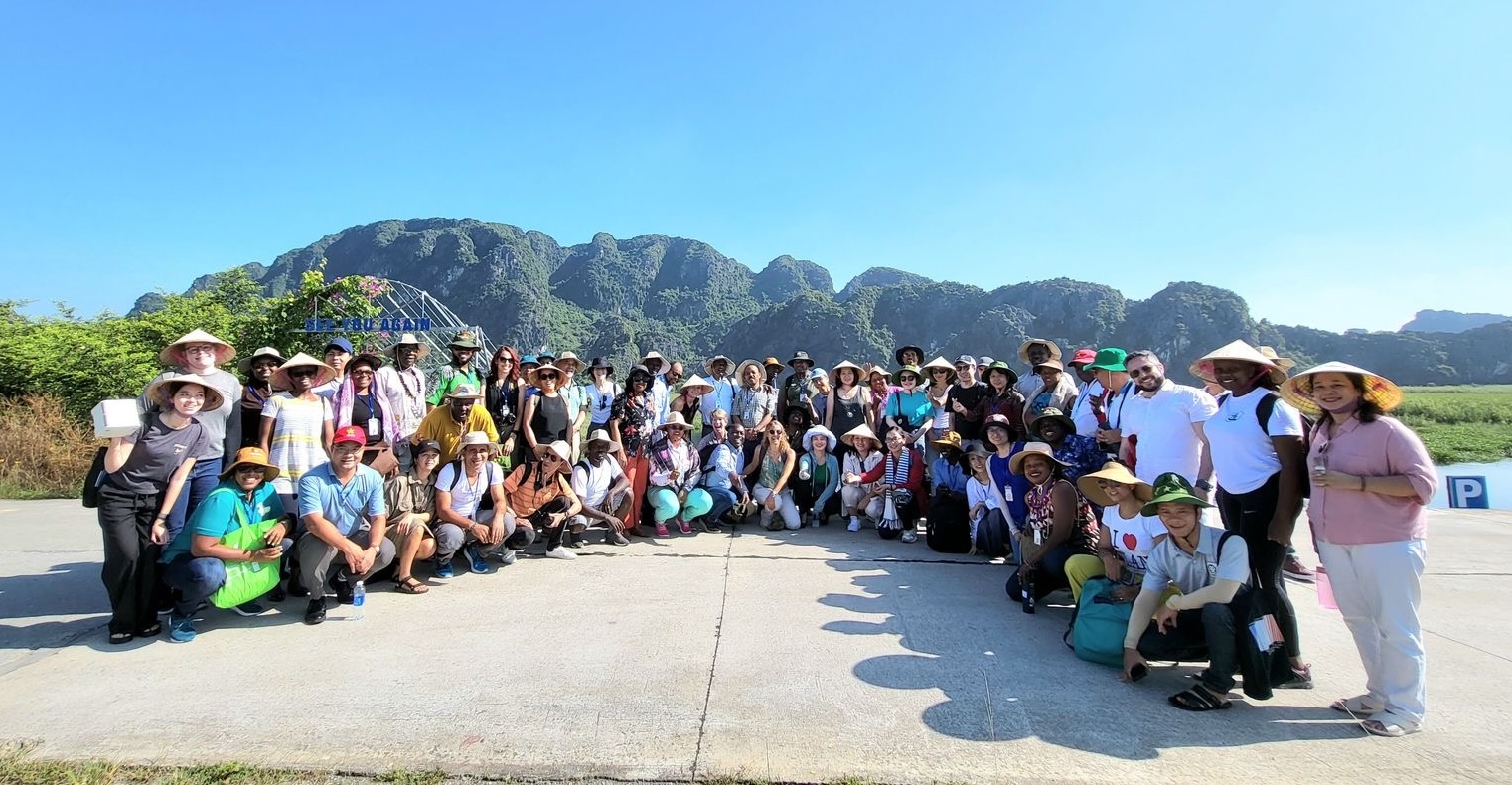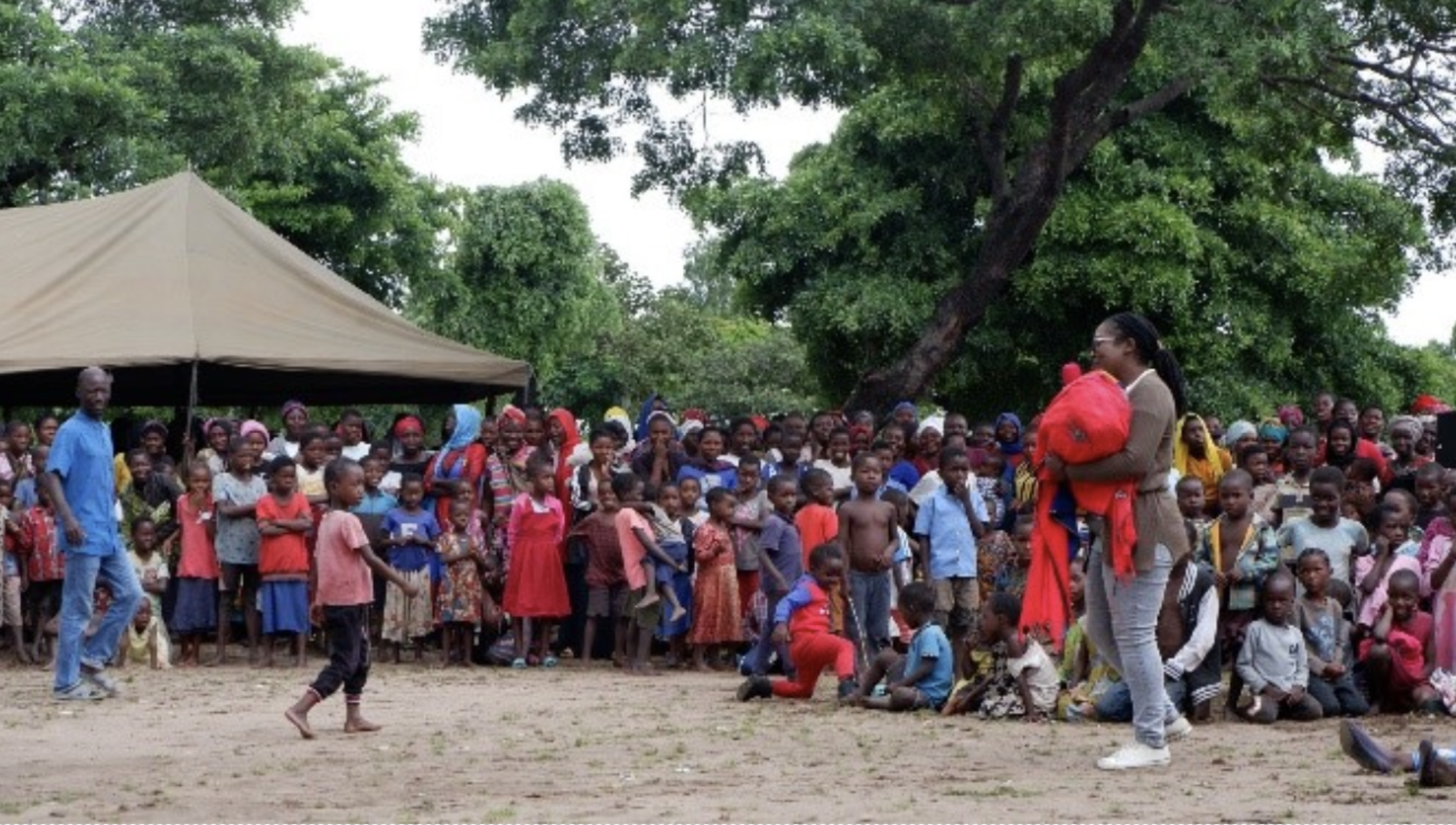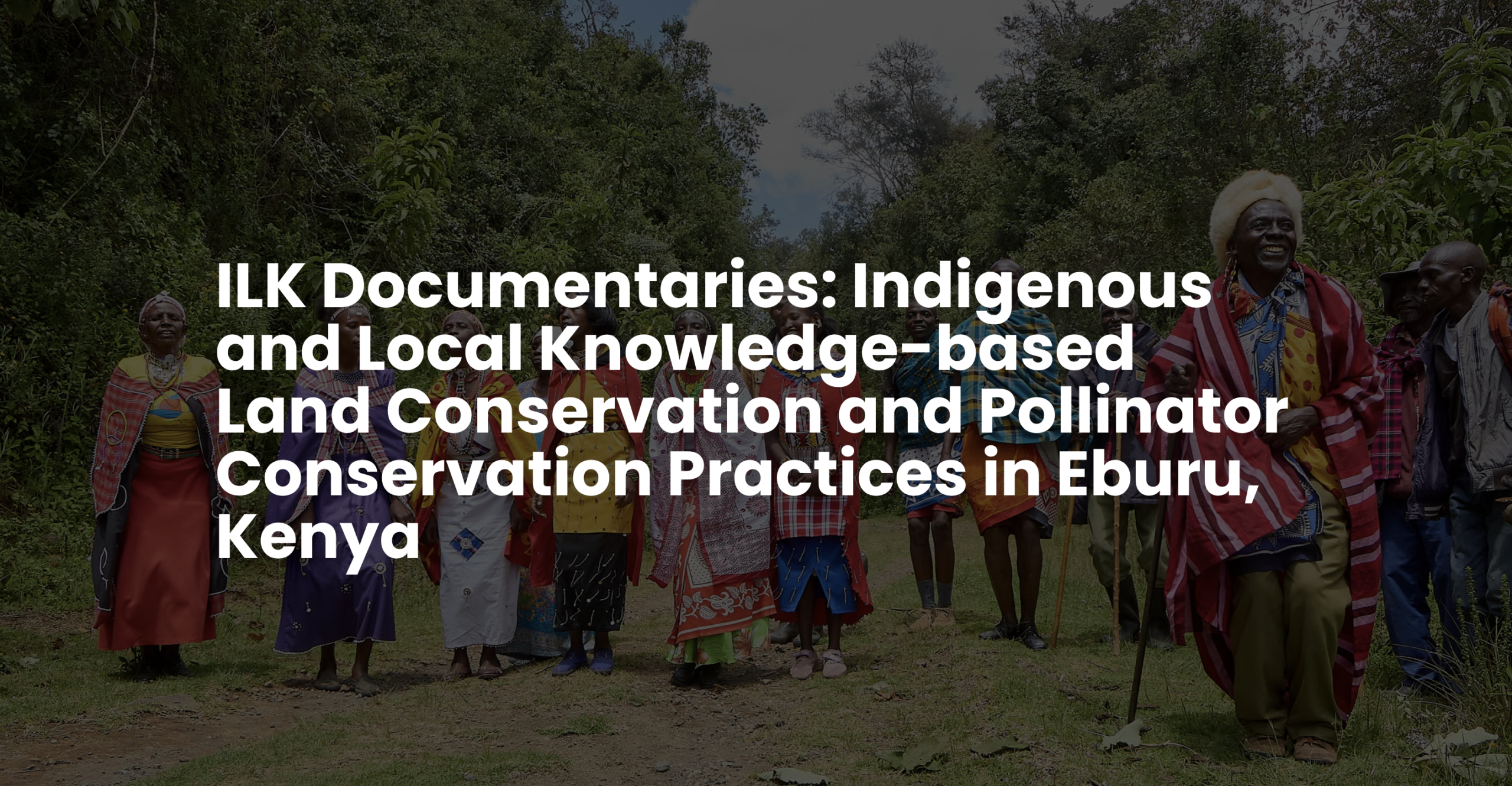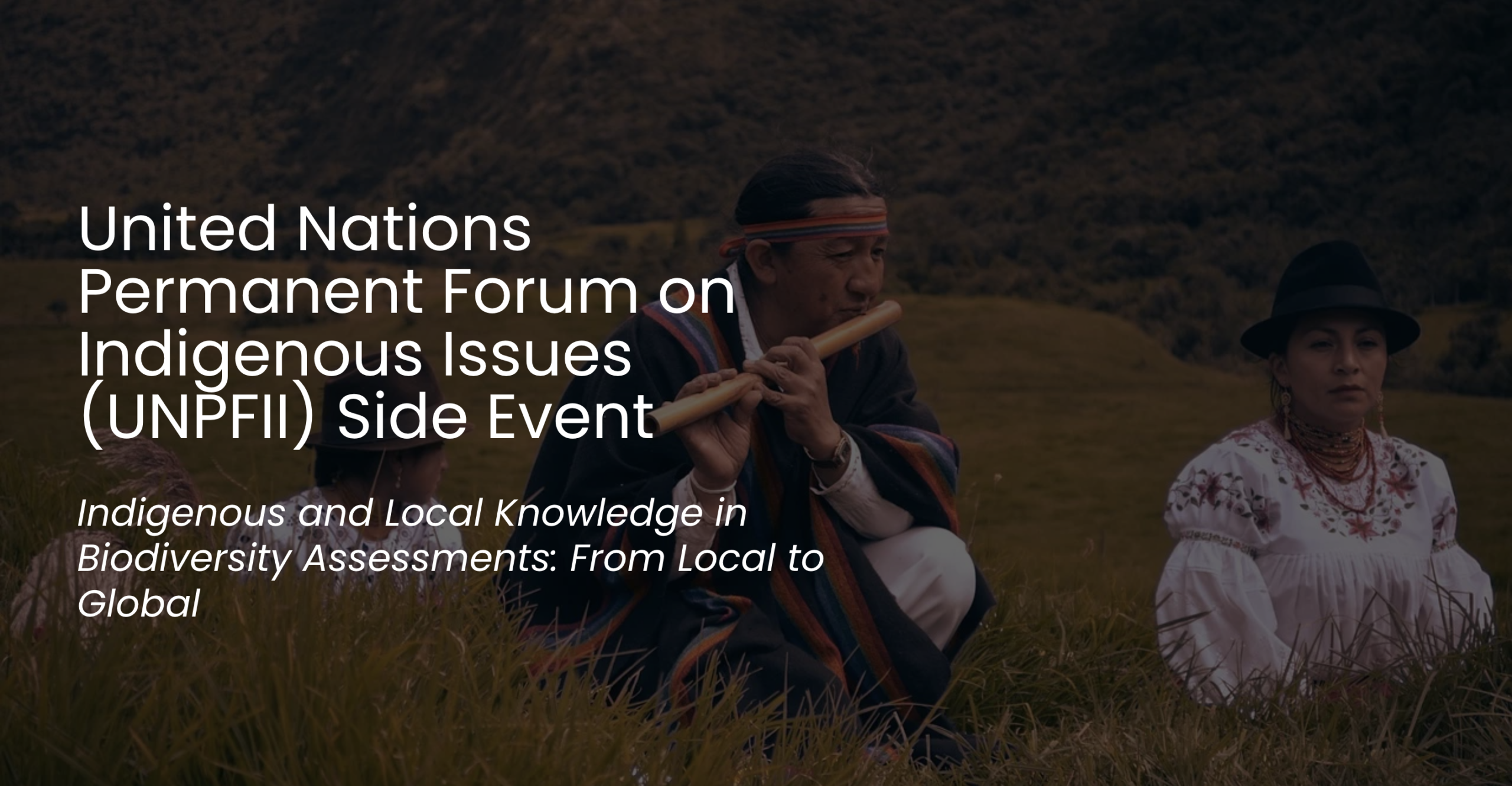Strengthening
Biodiversity Conservation
| Highlights from Ethiopia’s 2024 Trialogue Event
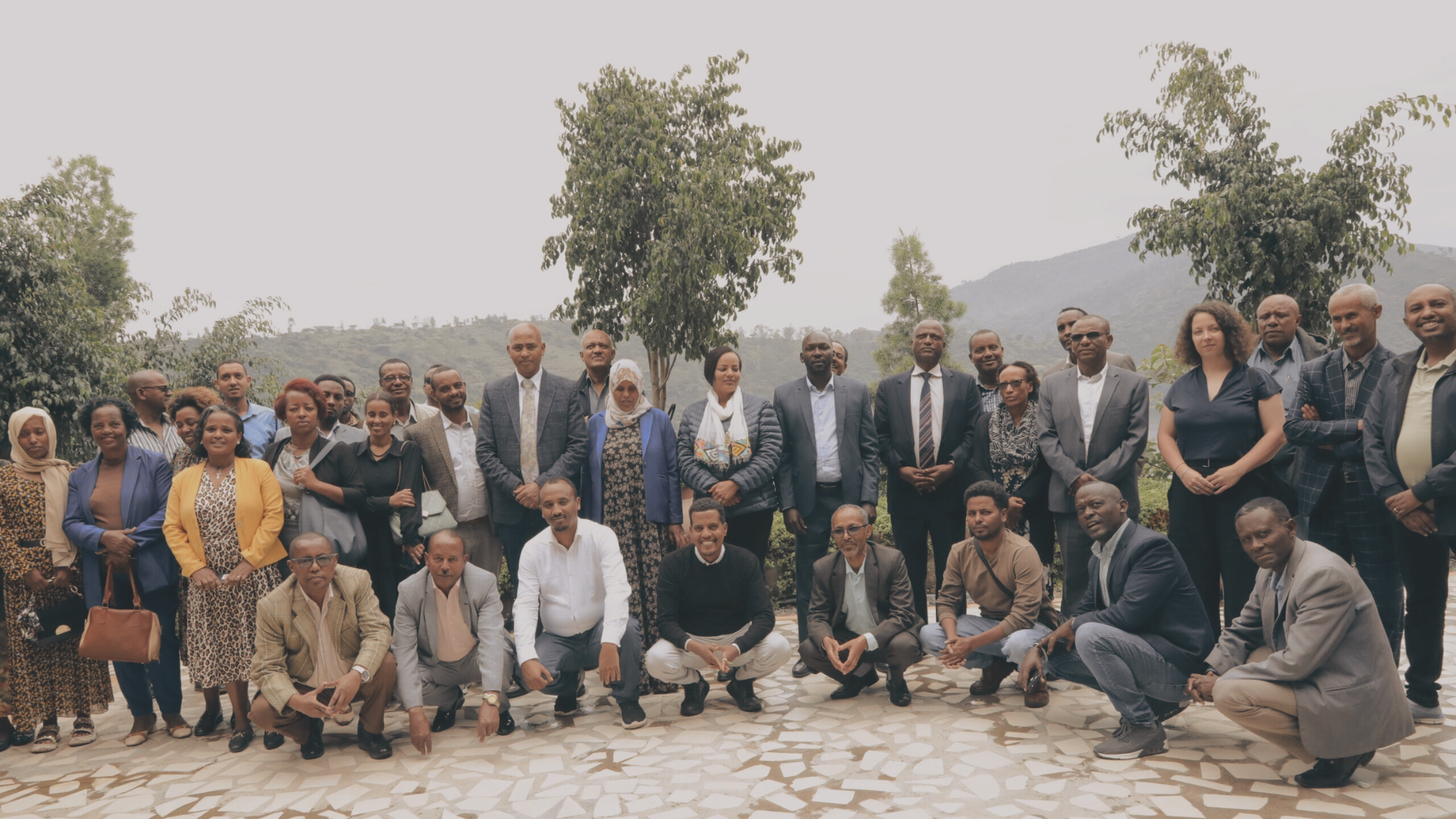
On 29–30 April 2024, the Ethiopian Biodiversity Institute, in collaboration with UNDP Ethiopia, facilitated a nationally relevant workshop in the scenic town of Bishoftu, Ethiopia, leveraging the BES-Net Trialogue approach. This event brought together over 40 participants, including government officials, academics, researchers, civil society representatives and national biodiversity experts.
On 29–30 April 2024, the Ethiopian Biodiversity Institute, in collaboration with UNDP Ethiopia, facilitated a nationally relevant workshop in the scenic town of Bishoftu, Ethiopia, leveraging the BES-Net Trialogue approach. This event brought together over 40 participants, including government officials, academics, researchers, civil society representatives and national biodiversity experts.

The primary goal of the workshop was to foster collaboration among the science, policy and practice communities to enhance biodiversity and ecosystem services conservation in Ethiopia. Trialogues, as multistakeholder events, focus on specific policy priorities at national and regional levels, promoting the science-policy-practice interface for the sustainable use of biodiversity and ecosystem services. By bringing together policymakers, practitioners from nongovernmental organizations, community organizations and the science community, Trialogues ensure the inclusion of diverse perspectives and a robust evidence base into strategic decision-making. These events bridge the gap between scientific, traditional and other knowledge systems, contextualizing research and providing a common ground for action through innovative methods that build community and foster new ideas.

The workshop aimed to enhance conversations among stakeholders, pushing for a coordinated implementation of national ecosystem assessment recommendations. Key objectives included sharing BES knowledge, learning from international experiences, identifying challenges and exploring opportunities for collaboration. The event featured presentations, discussions and interactive sessions to keep participants engaged and involved.
Trialogues ensure the inclusion of diverse perspectives and a robust evidence base into strategic decision-making.
Dr. Feleke Woldeyes, National IPBES Focal Point and Deputy Director General of the Ethiopian Biodiversity Institute, along with Dr. Melesse Maryo, National CBD Focal Point and Director General of the Ethiopian Biodiversity Institute, were among the key speakers at the workshop. They focused on the critical role of biodiversity in sustainable development, discussing how Ethiopia's National Biodiversity Strategy and Action Plan aligns with the Global Biodiversity Framework. Their talks highlighted the importance of biodiversity in supporting human well-being and sustainable growth.

 Listen now!
Listen now! 

In addition, Dr. Demeke Datiko, the BES-Net project coordinator in Ethiopia, provided an overview of BES-Net Phase II and its progress. He emphasized the importance of nature-based solutions and the necessity for collaboration across different sectors to address biodiversity loss. Complementing this, Ana Costiniu, Communications Analyst for the BES-Net global team, shared progress and key achievements from other countries implementing the BES Solution Fund. She highlighted the significance of effectively communicating scientific results and strategies.
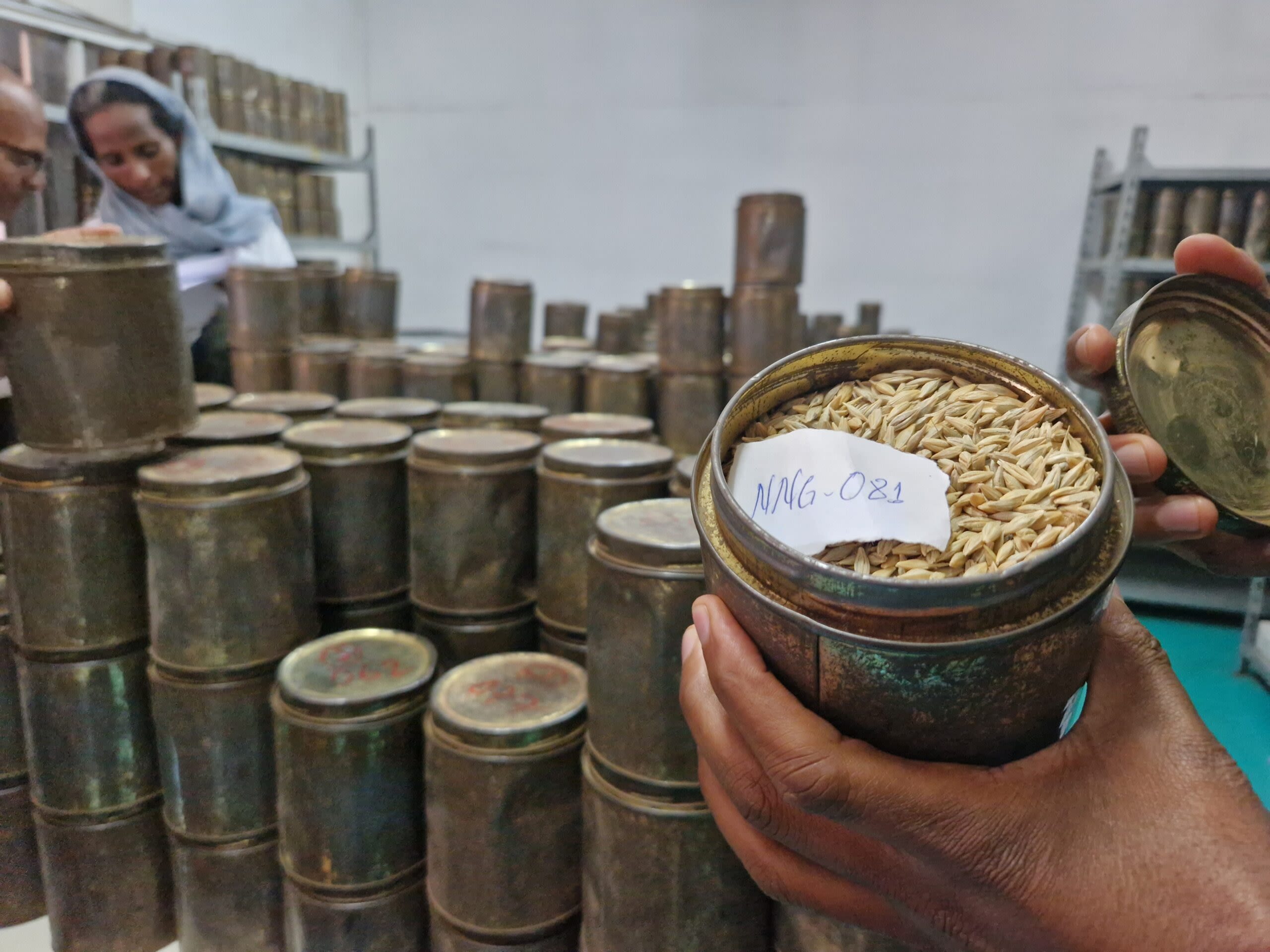
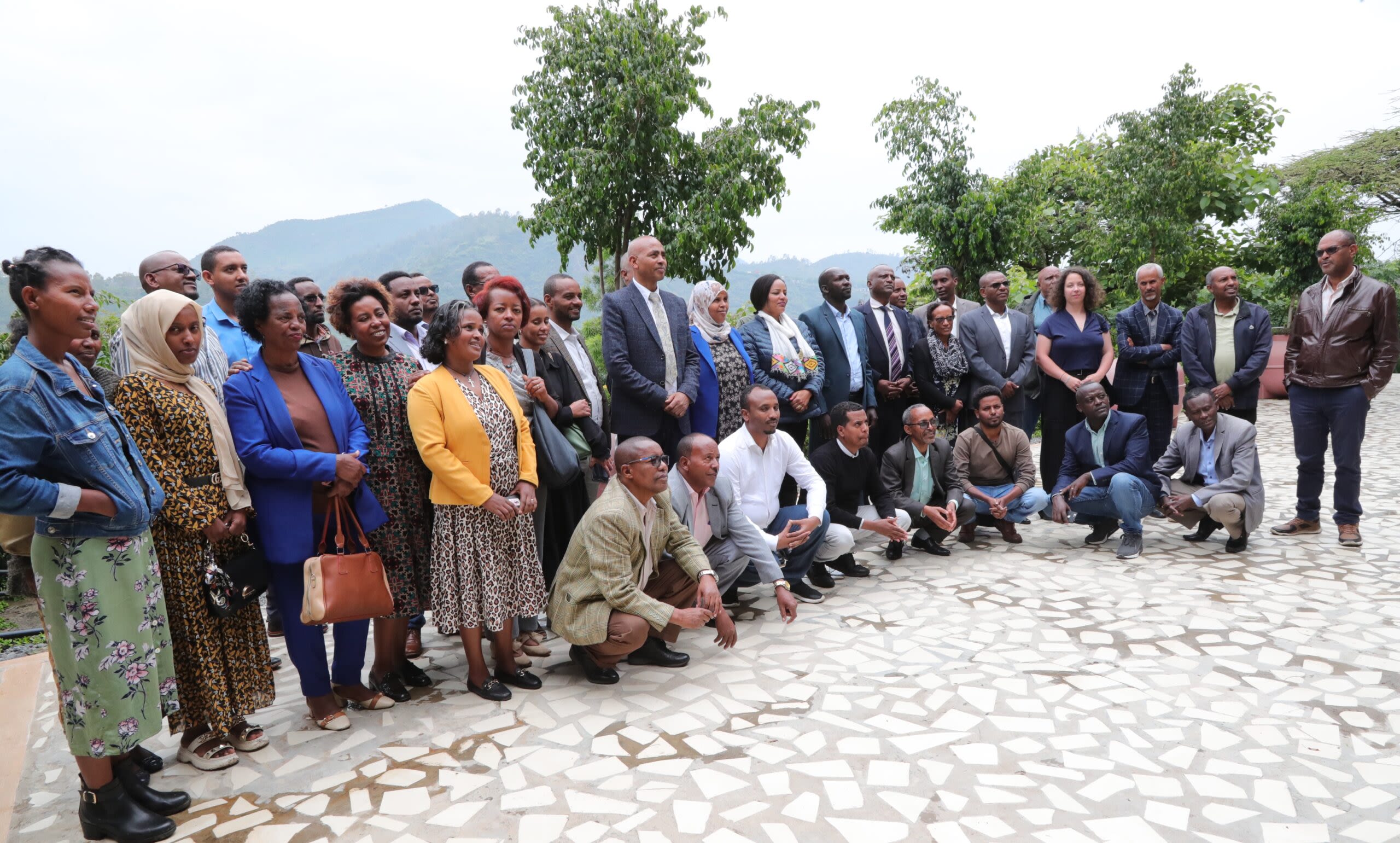
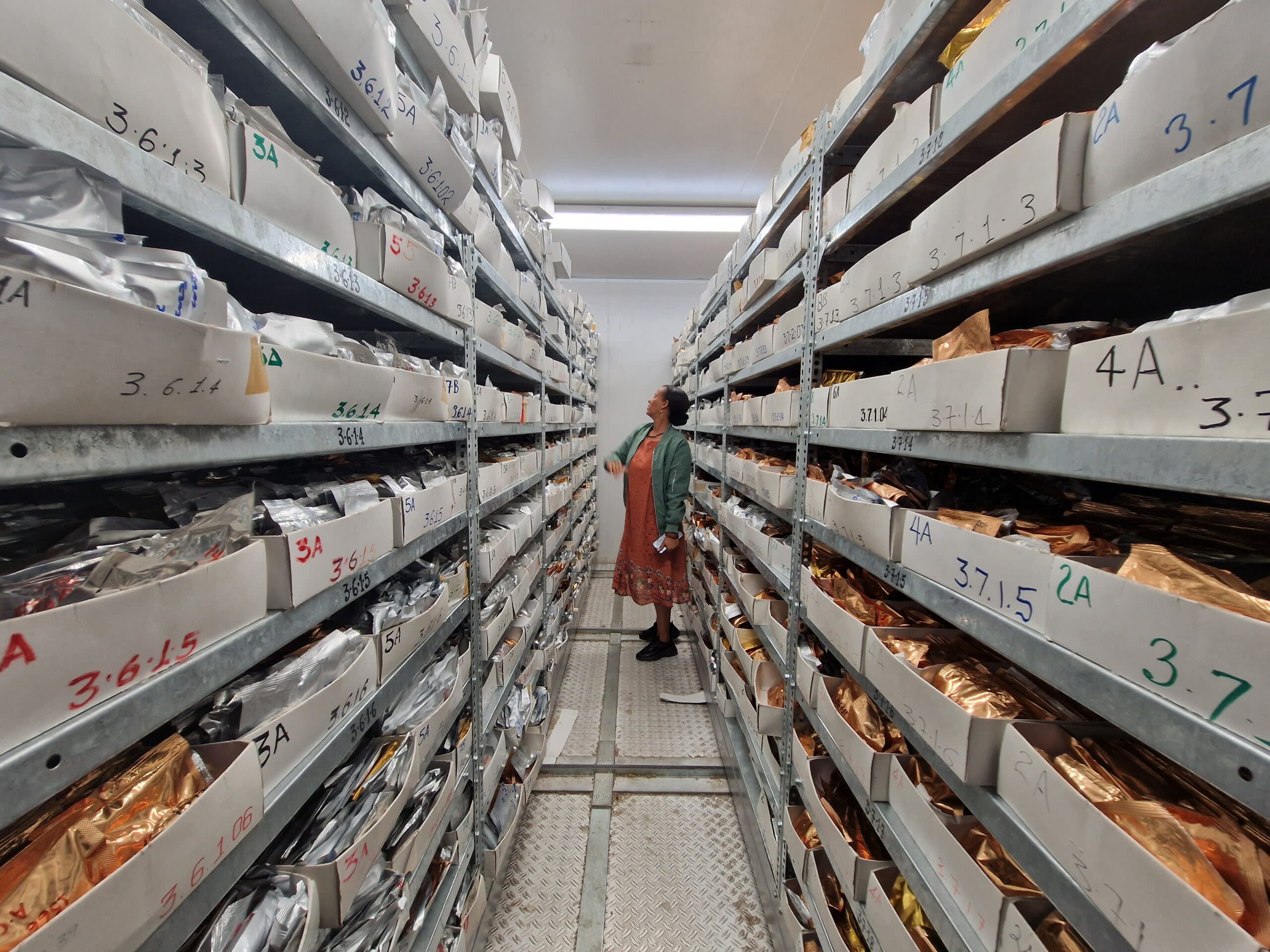
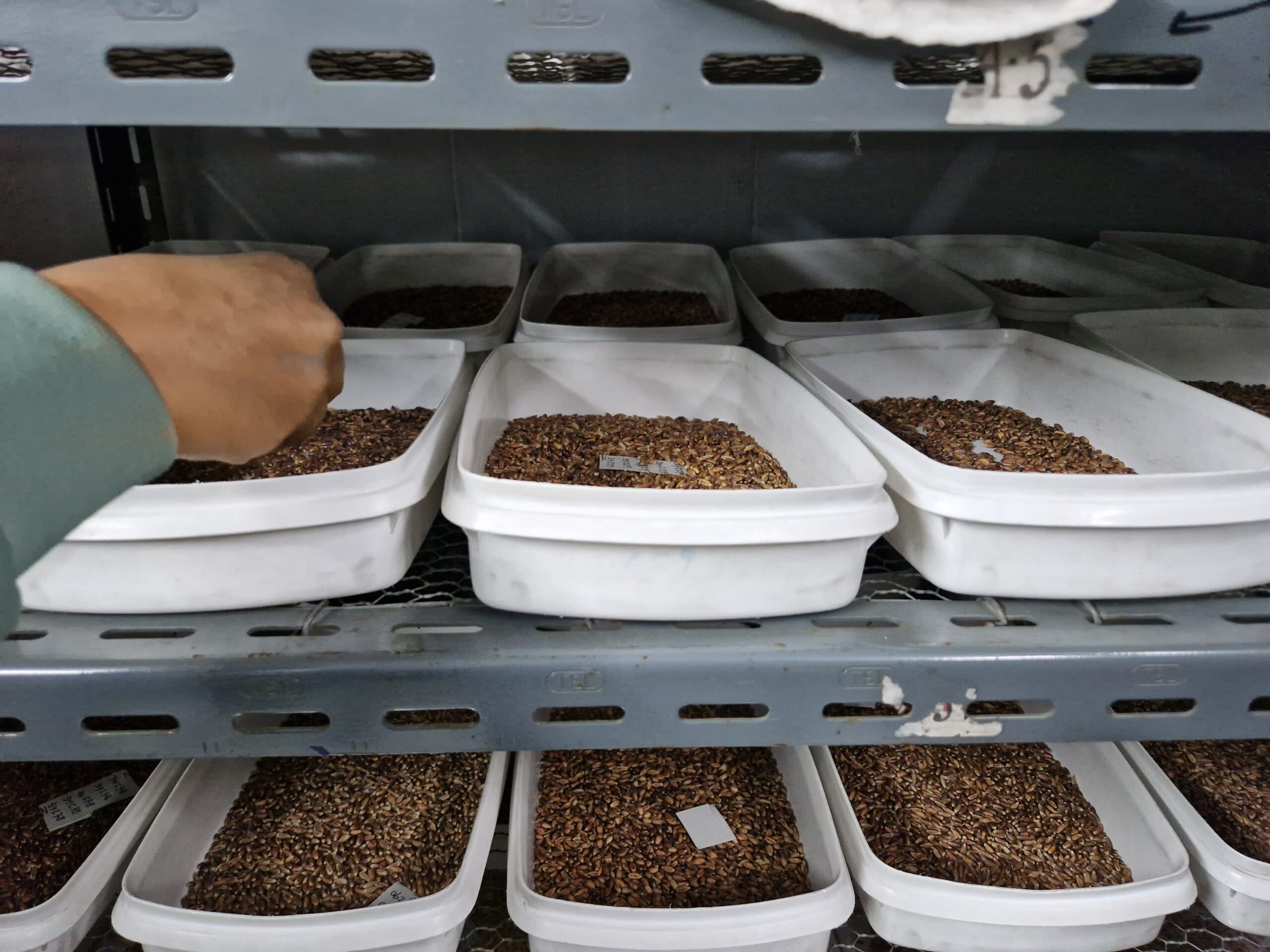
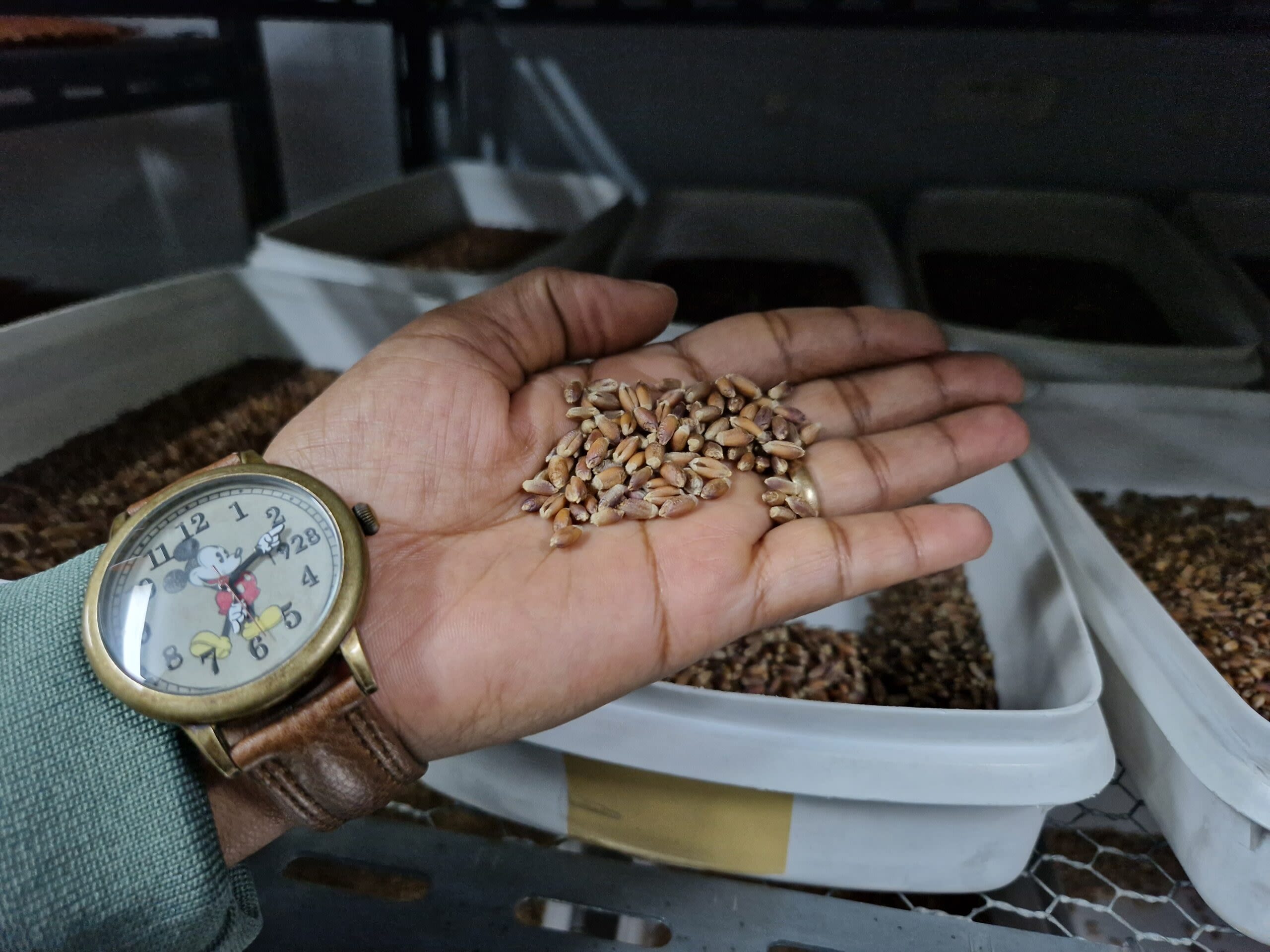
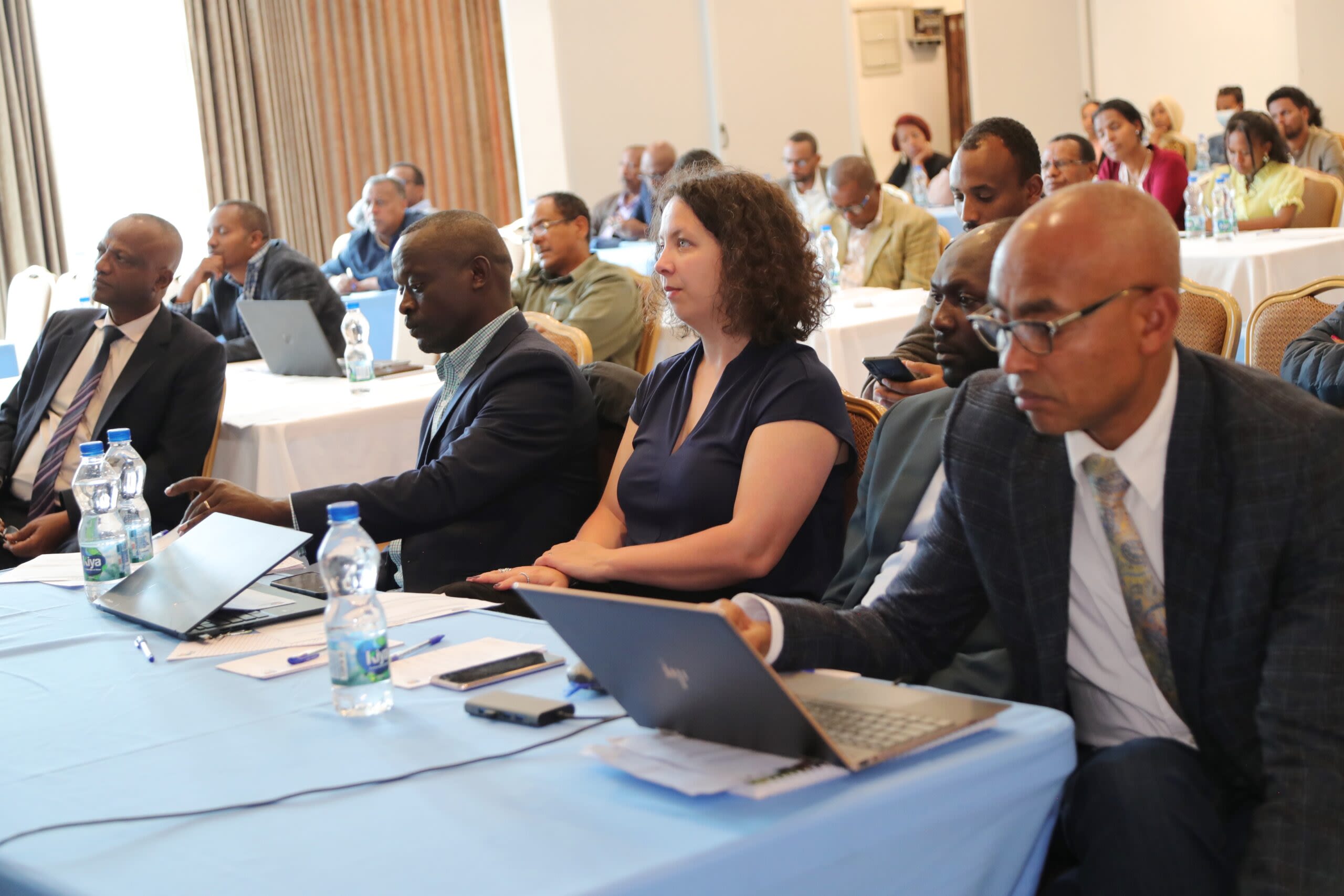
The workshop also concentrated on the establishment and operation of the National Biodiversity Platform, addressing challenges such as resource limitations and the need for stronger stakeholder collaboration. Through these discussions, participants gained a deeper understanding of BES concepts and strategies, which helped identify challenges and formulate potential solutions. The emphasis was placed on integrating Indigenous and local knowledge in conservation efforts.
As a result, all attendees committed to supporting the creation and implementation of post-2020 Global Biodiversity Framework targets and the National Biodiversity Strategy and Action Plan. The workshop represented yet another significant step towards enhancing the science-policy-practice relationship for BES conservation in Ethiopia. By fostering inclusive dialogue and cooperation, it set the stage for more effective and sustainable biodiversity management practices, crucial for protecting Ethiopia's rich natural heritage for future generations.
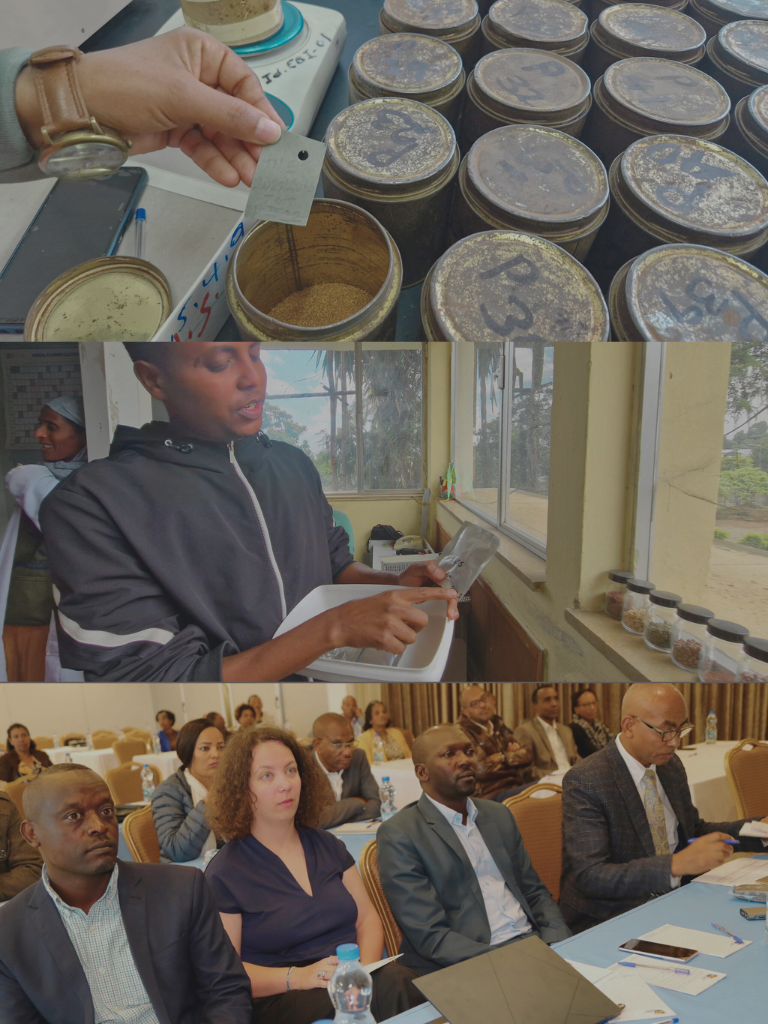
The primary goal of the workshop was to foster collaboration among the science, policy and practice communities to enhance biodiversity and ecosystem services conservation in Ethiopia. Trialogues, as multistakeholder events, focus on specific policy priorities at national and regional levels, promoting the science-policy-practice interface for the sustainable use of biodiversity and ecosystem services. By bringing together policymakers, practitioners from nongovernmental organizations, community organizations and the science community, Trialogues ensure the inclusion of diverse perspectives and a robust evidence base into strategic decision-making. These events bridge the gap between scientific, traditional and other knowledge systems, contextualizing research and providing a common ground for action through innovative methods that build community and foster new ideas.
Trialogues ensure the inclusion of diverse perspectives and a robust evidence base into strategic decision-making.
The workshop aimed to enhance conversations among stakeholders, pushing for a coordinated implementation of national ecosystem assessment recommendations. Key objectives included sharing BES knowledge, learning from international experiences, identifying challenges and exploring opportunities for collaboration. The event featured presentations, discussions and interactive sessions to keep participants engaged and involved.
Dr. Feleke Woldeyes, National IPBES Focal Point and Deputy Director General of the Ethiopian Biodiversity Institute, along with Dr. Melesse Maryo, National CBD Focal Point and Director General of the Ethiopian Biodiversity Institute, were among the key speakers at the workshop. They focused on the critical role of biodiversity in sustainable development, discussing how Ethiopia's National Biodiversity Strategy and Action Plan aligns with the Global Biodiversity Framework. Their talks highlighted the importance of biodiversity in supporting human well-being and sustainable growth.

 Listen now!
Listen now! 

In addition, Dr. Demeke Datiko, the BES-Net project coordinator in Ethiopia, provided an overview of BES-Net Phase II and its progress. He emphasized the importance of nature-based solutions and the necessity for collaboration across different sectors to address biodiversity loss. Complementing this, Ana Costiniu, Communications Analyst for the BES-Net global team, shared progress and key achievements from other countries implementing the BES Solution Fund. She highlighted the significance of effectively communicating scientific results and strategies.
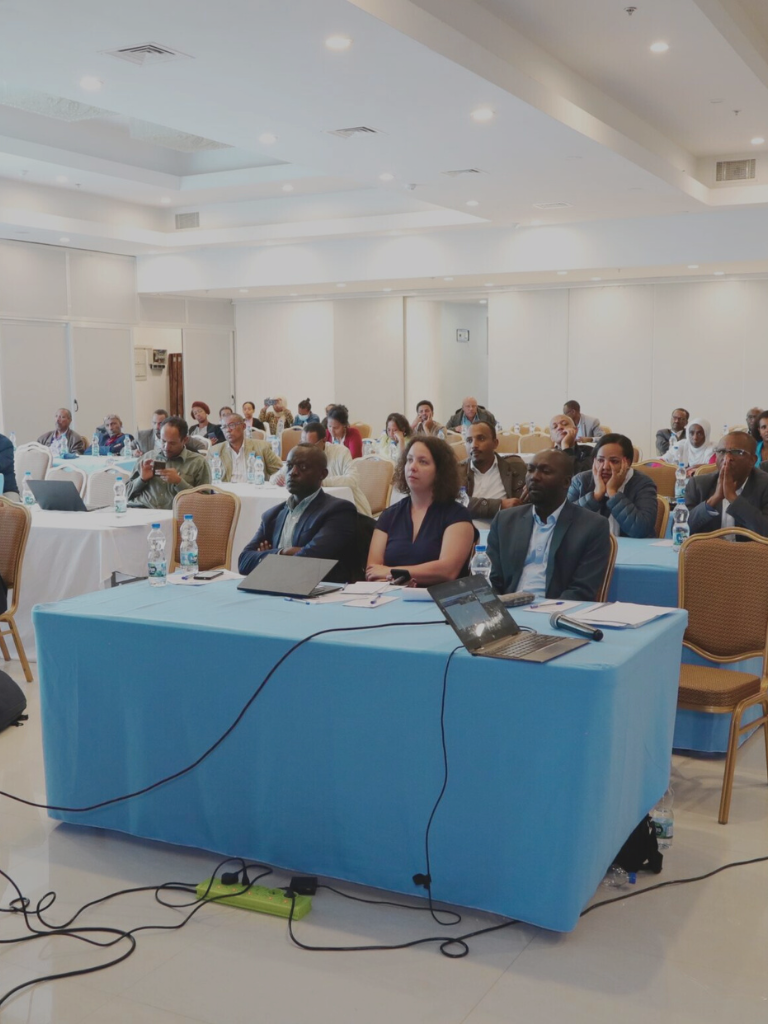






The workshop also concentrated on the establishment and operation of the National Biodiversity Platform, addressing challenges such as resource limitations and the need for stronger stakeholder collaboration. Through these discussions, participants gained a deeper understanding of BES concepts and strategies, which helped identify challenges and formulate potential solutions. The emphasis was placed on integrating Indigenous and local knowledge in conservation efforts.
As a result, all attendees committed to supporting the creation and implementation of post-2020 Global Biodiversity Framework targets and the National Biodiversity Strategy and Action Plan. The workshop represented yet another significant step towards enhancing the science-policy-practice relationship for BES conservation in Ethiopia. By fostering inclusive dialogue and cooperation, it set the stage for more effective and sustainable biodiversity management practices, crucial for protecting Ethiopia's rich natural heritage for future generations.





